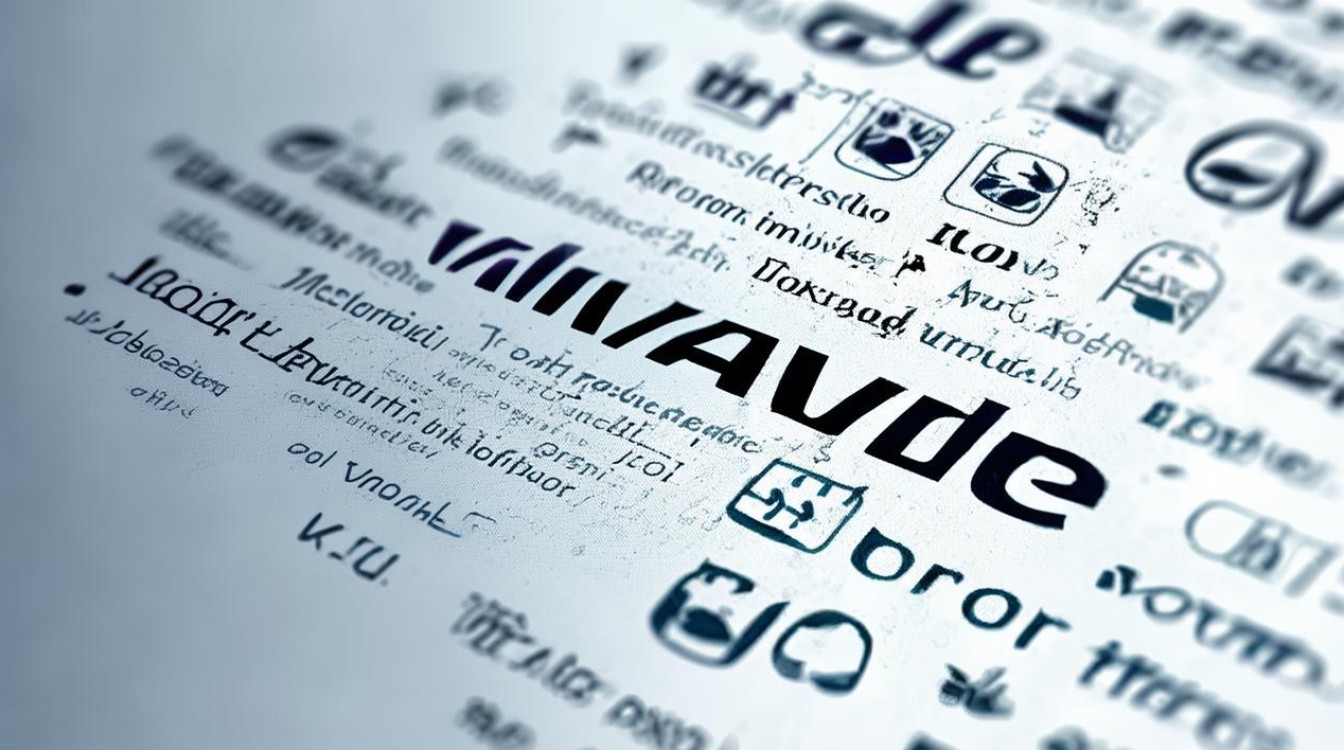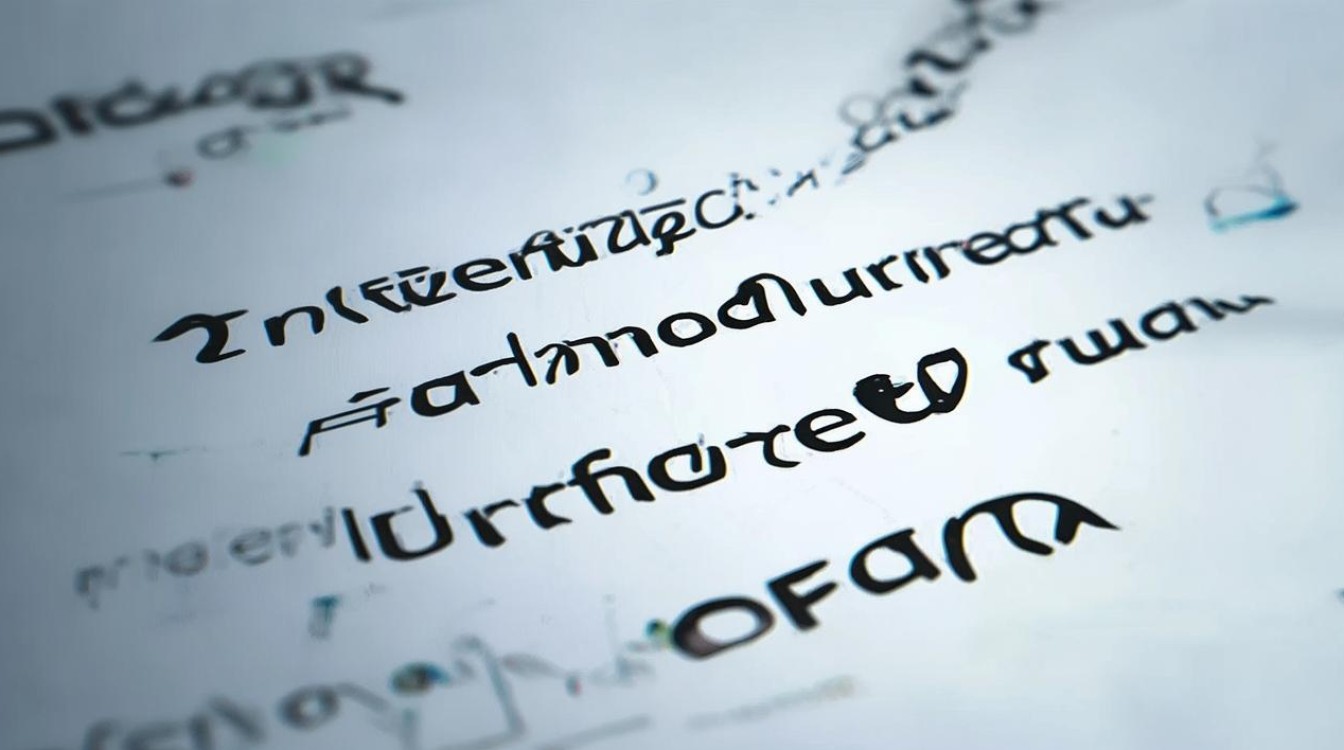Throughout history, conflicts have shaped societies, and language reflects these events with precision. When discussing hostile forces entering another territory, English provides multiple terms with nuanced differences. This article explores the vocabulary related to "invaders," clarifying meanings, historical contexts, and appropriate usage.

Common Terms for "Invader"
Invader
The most direct translation, "invader," refers to a person or group entering a region by force, often with hostile intent. It carries a strong negative connotation, implying unjust aggression.
Example:
"The invaders seized control of the coastal cities, disrupting trade and governance."
Aggressor
An "aggressor" is someone who initiates conflict or attack. While similar to "invader," it emphasizes the act of provocation rather than occupation.
Example:
"The treaty condemned the aggressor but failed to prevent further hostilities."
Conqueror
A "conqueror" successfully takes control of a territory, often through military force. Unlike "invader," this term can sometimes carry a neutral or even glorified tone in historical narratives.
Example:
"Alexander the Great is remembered as a conqueror who expanded his empire across continents."

Occupier
An "occupier" refers to forces that take and maintain control over foreign land. This term is frequently used in modern geopolitical discussions.
Example:
"The occupiers imposed new laws, leading to widespread resistance."
Raider
"Raiders" attack suddenly, often for plunder rather than long-term control. Vikings, for instance, were notorious raiders in medieval Europe.
Example:
"The raiders struck at dawn, looting the village before retreating."
Marauder
Similar to "raider," but with a stronger emphasis on violence and destruction. Marauders are often seen as lawless bands causing chaos.
Example:
"Marauders roamed the countryside, burning farms and terrorizing locals."

Usurper
A "usurper" seizes power illegally, typically in a political context rather than a military invasion.
Example:
"The usurper overthrew the king and declared himself ruler."
Historical and Contextual Differences
The choice of term depends on perspective and historical framing. For example:
- "Invader" vs. "Liberator" – In propaganda, opposing sides may label the same force differently. One nation’s invader might be another’s ally.
- "Conqueror" vs. "Colonizer" – The former implies military dominance, while the latter suggests long-term settlement and cultural imposition.
Modern Usage in Media and Politics
Contemporary discourse often uses these terms with strategic intent:
- Military Reports: "Aggressor" is common in official statements to assign blame.
- News Media: "Occupier" appears in coverage of disputed territories.
- Historical Analysis: "Conqueror" may be used neutrally, while "invader" retains a critical tone.
Linguistic Nuances in Literature and Film
Writers and filmmakers select words carefully to shape audience perception:
- A heroic narrative might use "champion" or "defender" instead of "invader."
- Dystopian stories often employ "oppressor" or "tyrant" to emphasize cruelty.
Misuse and Propaganda
Language can manipulate perception. Governments may label resistance fighters as "terrorists" while calling their own forces "peacekeepers." Recognizing these biases is crucial for balanced understanding.

Key Takeaways for Accurate Usage
- "Invader" – General term for hostile entry.
- "Aggressor" – Emphasizes initiation of conflict.
- "Conqueror" – Implies successful domination.
- "Occupier" – Focuses on sustained control.
- "Raider"/"Marauder" – Suggests short-term violence.
Understanding these distinctions ensures precise communication, whether in historical study, journalism, or casual discussion. Words carry weight, and selecting the right one shapes how events are remembered and interpreted.
Language evolves, but the power of terminology remains. Whether analyzing ancient battles or modern conflicts, the words we choose influence perception. Clarity and accuracy matter—mislabeling can distort history and fuel ongoing disputes.


